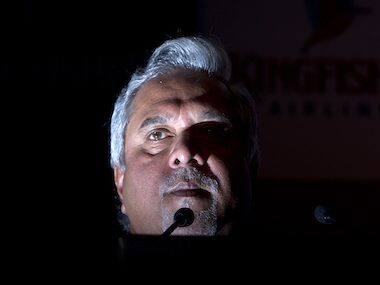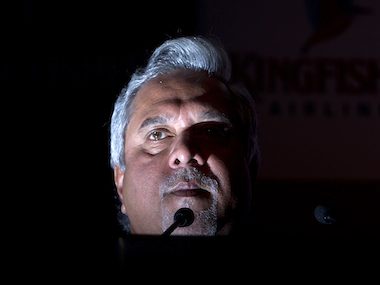According to a report in today’s Mumbai edition of The Economic Times, Ravi Nedungadi, chief financial officer (CFO) of the UB Group, the promoter of Kingfisher Airlines, warned group Chairman Vijay Mallya of the perils of entering the aviation business in 2005 - the year Kingfisher Airlines was launched.
Nedugadi’s worries were purely financial - he believed operating an airline required a continuous infusion of funds.
Seven years on, Nedungadi’s assessment seems spot-on: the biggest problem facing Kingfisher Airlines, which has been in the news since late last year for all the wrong reasons, is a dire lack of funds.
[caption id=“attachment_218366” align=“alignright” width=“380” caption=“The airline is struggling with a severe cash crunch that threatens to tip it into bankruptcy if a financial saviour is not found soon.Reuters”]
 [/caption]
[/caption]
The airline, which has never made a profit since it was launched in 2005, is struggling with a severe cash crunch that threatens to tip it into bankruptcy if a financial saviour is not found soon.
In another sign of snowballing trouble, the airline cancelled 32 daily flights late last week, which is now being investigated by the aviation regulator, reported Mint.
That’s on top of 100 cancelled flights since November, continuing cash problems with fuel suppliers, Income Tax authorities, banks, aircraft leasing companies and even airline employees, which has resulted in the mass exodus of pilots and cabin crew.The airline is currently operating just 22 aircraft out of its fleet of 64.
Impact Shorts
More ShortsIn addtion, media reports said that tax authorities had once again frozen the bank accounts of the airline because of its inability to clear its unpaid service taxes.
Some relief might be on the way. Business Standard reported that the airline’s consortium of bankers had agreed to provide ‘interim funding’ until the company found an equity partner, although no details were provided.
So far, banks had been reluctant to offer further funding to the airline, which is reeling under more than Rs 6,000 crore of debt.In a debt restructuring deal last year, a group of 13 lenders bought a 23.21 percent stake in the airline by converting Rs 750 crore of its total debt of Rs 7,000 crore into equity. Shares were allotted to lenders at Rs 64.48 per share. On Friday, the airline’s shares closed at Rs 26.60.
If banks have now agreed to provide ‘interim’ funding, you can be sure it will be under duress. The lenders are damned if they help the airline, and damned if they don’t. Without additional funding, the airline’s bank account threatens to become a full-blown bad asset (it has already entered that territory, in fact). On the other hand, if they inject more funds, there’s no guarantee the funds will be enough to stabilise the airline’s operations. It might become a case of throwing good money after bad.
There’s no doubt the airline needs a huge dose of funds; given the reluctance of its once-bitten-twice-shy bankers, Kingfisher is pinning its hopes on the government allowing foreign airlines to take up to a 49 percent stake in local carriers. Certainly, Mallya and Nedungadi believe the airline can be rescued.
But to be honest, given the near-death state Kingfisher is in, it’s hard to see foreign investors scrambling to invest. After all, they’ll initially have to spend a considerable amount just cleaning up the airline’s books - which does not offer any immediate returns.
Second, no foreign investor is likely to invest that kind of money if it doesn’t get a significant say in the future operations of the airline. In other words, the UB group will have to be prepared to cede operational control.
In the end, that may be exactly what will need to happen, given that Mallya seems reluctant to infuse further equity into the business (it’s also a key demand of the bankers).
Maybe it’s not too late for Mallya to heed his CFO’s advice.
)